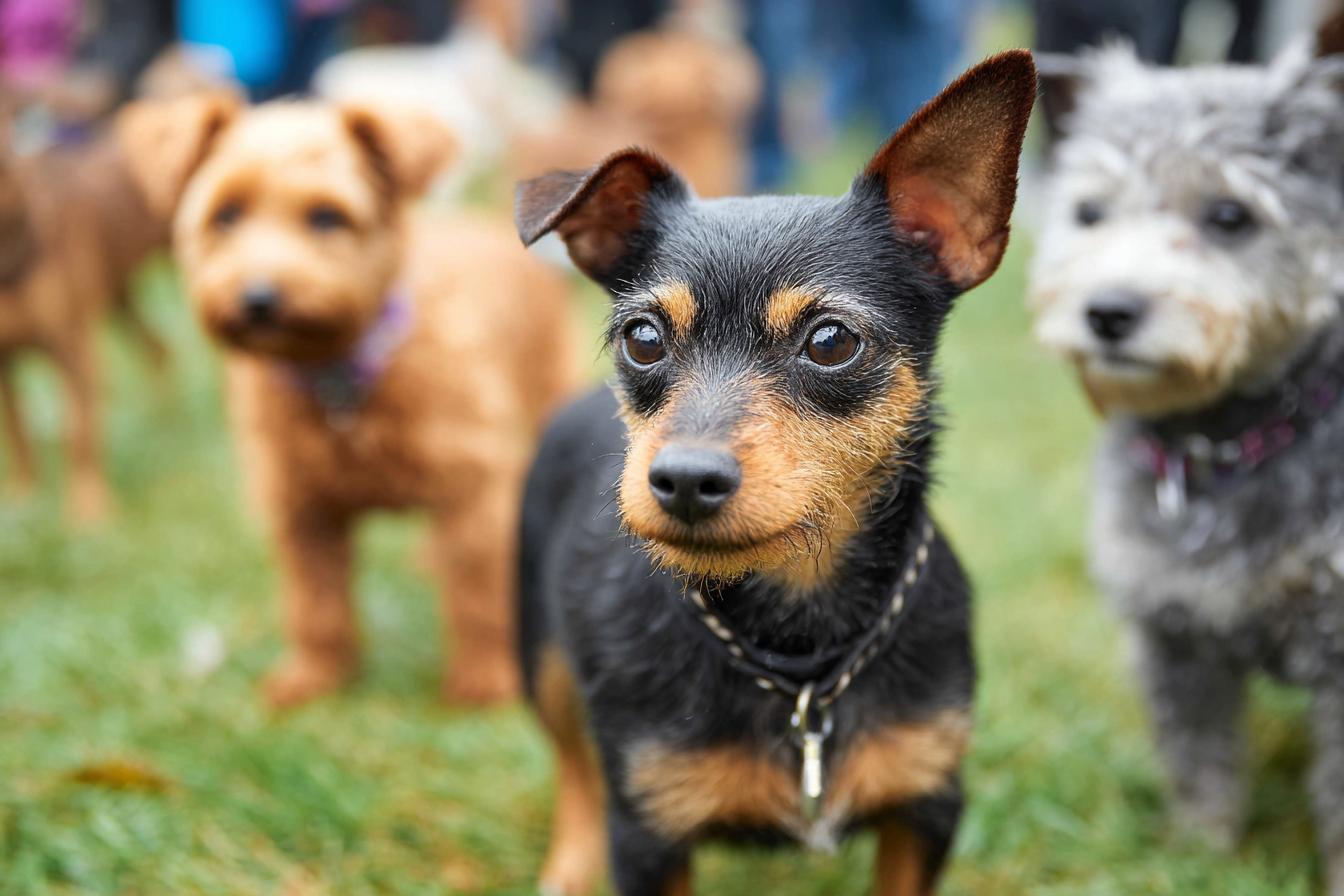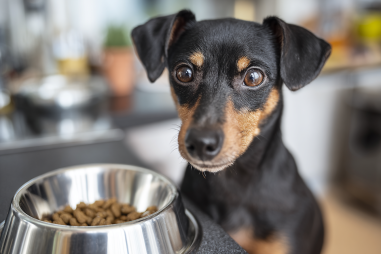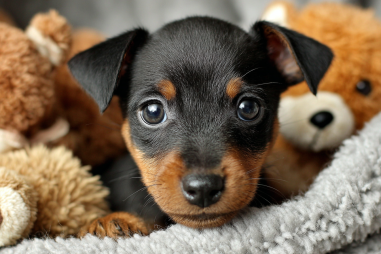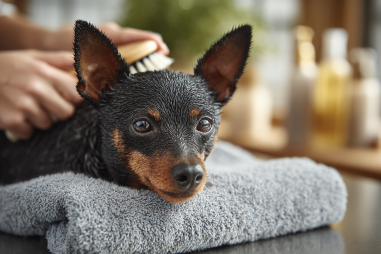Socialization is an essential part of raising a Miniature Pinscher who is confident, happy, and well-adjusted. This energetic and intelligent breed thrives on interaction with people, other dogs, and a variety of environments. By introducing your Miniature Pinscher early to new experiences, you can help them develop into a balanced adult dog who can handle the world’s surprises with ease. In this article, we’ll explore effective socialization tips to guide you through this crucial process.
Importance of Early Socialization
Socialization in puppies is the foundation of a healthy behavioral development. The early weeks of your Miniature Pinscher’s life are critical, typically between 3 and 14 weeks of age, when they are most receptive to learning about their surroundings. Proper socialization helps prevent common behavioral issues such as fearfulness, aggression, and separation anxiety.
Miniature Pinschers, although small in size, often have big personalities, which can sometimes translate into territorial or assertive behavior if not carefully managed. Early exposure to diverse stimuli, including different people, animals, sounds, and environments, helps your pup build confidence. This reduces the chances of reactive or anxious behavior later in life, making social encounters more enjoyable both for your dog and for those around them.
Introducing Your Puppy to New Experiences
When you begin socializing your Miniature Pinscher, approach it in a gradual and positive way. The goal is to create happy associations with new experiences rather than overwhelming your puppy.
Start by exposing your puppy to various types of people — men, women, children, and individuals wearing different clothing or hats. Allow your Miniature Pinscher to approach at their own pace while rewarding calm and curious behavior.
Introducing other dogs and animals should be done carefully to ensure safety and positive interactions. Choose friendlier, vaccinated dogs for initial meetings and keep the sessions short and supervised.
Environmental exposure is equally important. Walk your pup in busy parks, near traffic sounds, on different surfaces like grass, concrete, or sand, and even take them through doorways, ramps, and stairs. These experiences will help your Miniature Pinscher adapt to everyday scenarios without stress.
Managing Shyness and Aggression
Despite your best efforts, some puppies may exhibit signs of shyness or fear, while others might show a tendency toward aggression. Both require patience and understanding.
If your Miniature Pinscher seems shy or hesitant, don’t force interactions. Allow them to observe new situations from a distance and gradually decrease that distance as their comfort grows. Use treats and praise to reward brave behaviors, reinforcing positive feelings associated with new people or environments.
For aggressive reactions, it’s important to identify triggers early on, whether it’s certain types of dogs, unfamiliar people, or specific noises. Redirect your dog’s focus with commands or toys and never punish aggressive behavior, as this can increase anxiety.
Consistent, calm, and rewarding experiences are key to helping your Miniature Pinscher overcome fear and aggression. In some cases, working with a trainer or behaviorist might be necessary to address these challenges effectively.
Socialization Activities and Environments
Keeping socialization fun and diverse ensures your Miniature Pinscher stays interested and comfortable in new situations. Here are several ideas to incorporate into your socialization routine:
- Organize puppy playdates with vaccinated and friendly dogs to encourage positive canine interactions.
- Visit pet-friendly stores where your dog can meet people and see different sights and smells.
- Attend puppy socialization classes that offer structured environments with supervision from professional trainers.
- Take walks in various neighborhoods, parks, and along busy streets to introduce diverse sights and sounds.
- Utilize puzzle toys and games which also provide mental stimulation and build your dog’s confidence.
Always keep sessions short and positive, and end activities on a happy note so your Miniature Pinscher looks forward to the next experience.
Consistency and Positive Reinforcement
Consistency is key when socializing Miniature Pinschers. Regular exposure to social situations ensures that lessons stick and that your dog continues to grow confident over time. Socialization should be a continuous process, not just a brief, one-time event.
Positive reinforcement works best with this breed. Reward your puppy with treats, praise, and affection whenever they show calm and friendly behavior in new experiences. Avoid punishment or scolding, since these can lead to negative associations and undermine your progress.
Building a strong bond through positive experiences will also help your Miniature Pinscher see socialization as a rewarding part of their day rather than a stressful ordeal.
When to Seek Professional Advice
While many puppies respond well to consistent socialization efforts, some Miniature Pinschers may require additional help. If your pup displays intense fear, persistent aggression, or behaviors that don’t improve despite your best efforts, it might be time to consult a professional.
Certified dog trainers or veterinary behaviorists can assess your dog’s specific needs and provide tailored guidance or behavior modification plans. Early intervention is important to prevent minor issues from becoming deeply ingrained problems.
Additionally, puppy socialization classes led by experienced trainers can provide a safe and controlled environment for social learning, especially if you feel unsure about managing interactions on your own.
Proper socialization is one of the best gifts you can give your Miniature Pinscher. By dedicating time and effort to exposing them gradually, calmly, and positively to the world around them, you’ll help your furry friend grow into a confident, well-mannered companion. Remember, patience, consistency, and kindness are the cornerstones of effective socialization, creating a lifetime of rewarding experiences for both you and your dog.







